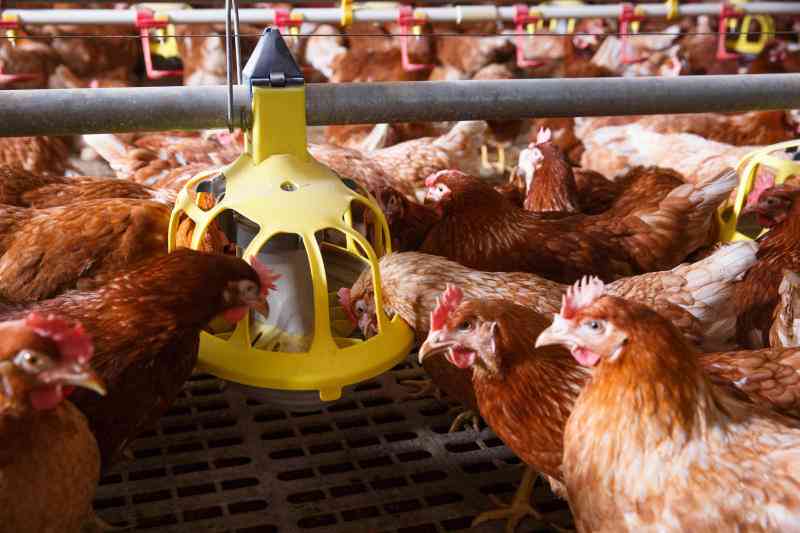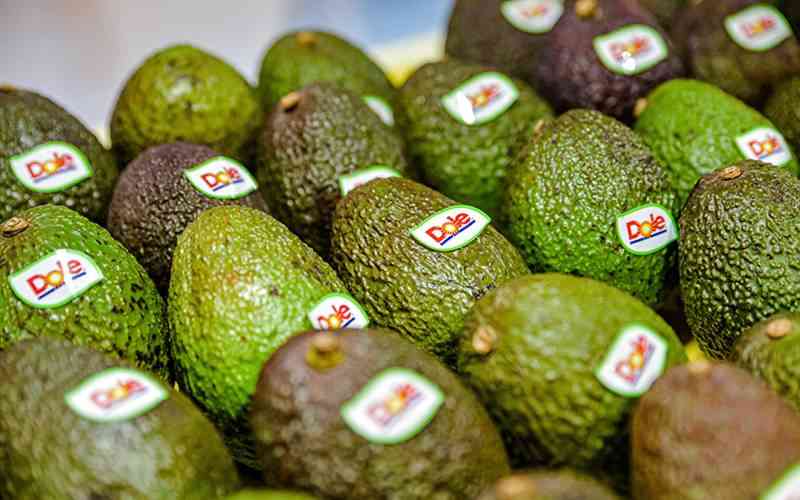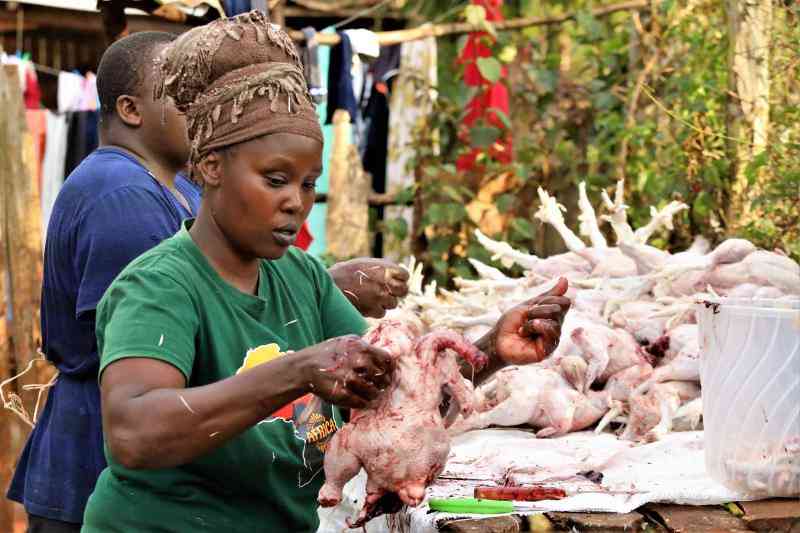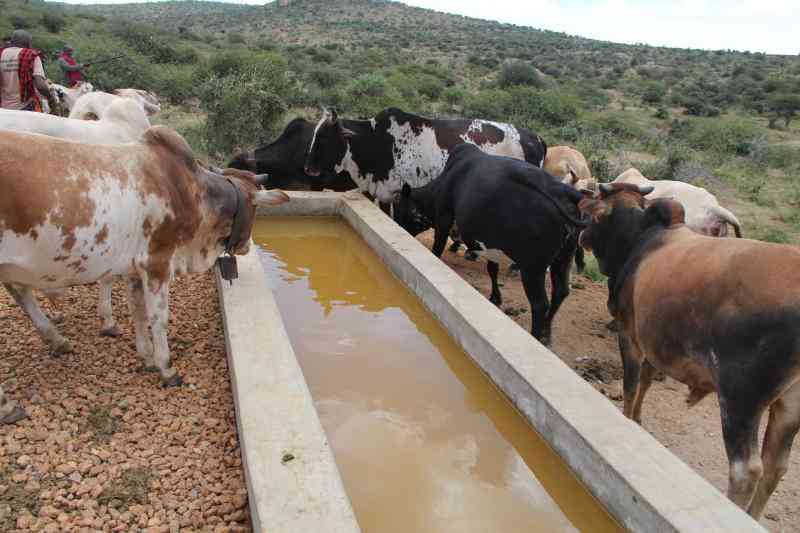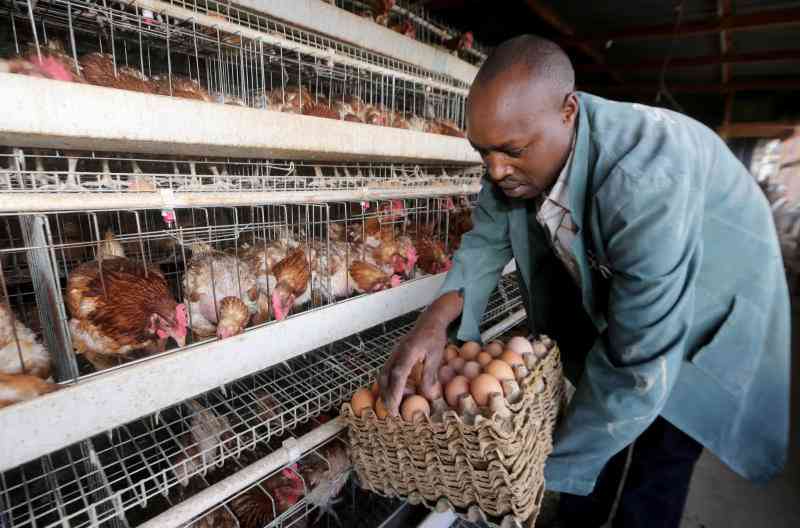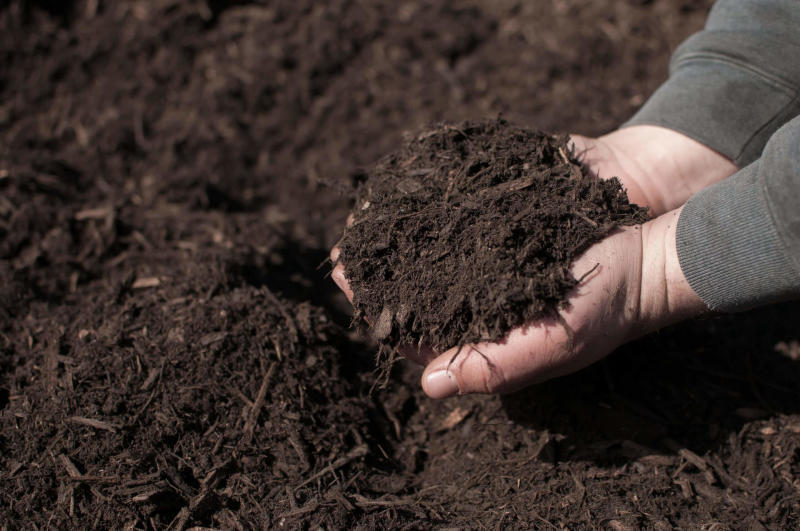
Are you aware that the awful smelling kitchen trash can be turned into cheap compost for your crops? Vermicomposting or worm composting, converts kitchen waste and other organic waste into nutrient-rich compost that can be used for crop production.
The earthworms feed on the organic materials and pass it through their digestive system and produce castings which are simply earthworm excretion. The excretion is what is called the vermicompost. When applied to the soil, the compost can improve the nutritive properties of the soil. The compost can help break down soil and organic matter making the nutrients readily available for plants.
The vermicompost contains higher nutrients than conventional compost. It enhances plant growth, suppresses disease in plants, increases porosity and microbial activity in the soil, and improves water retention and aeration.
The advantages
Not only is it rich in nutrients but it’s also loaded with the microorganisms that create and maintain healthy soil. The benefits of worm compost include; provides nutrients to soil, increases soil’s ability to hold nutrients in a plant-available form, improves the soil structure’, improves the aeration and internal drainage of heavy clay soils, increases water-holding ability of sandy soils and provides numerous beneficial bacteria. The compost has a natural smell therefore suitable for indoor plants.
Compared to conventional composting, vermicomposting takes a shorter period to prepare because the earthworms take over both the roles of turning and maintaining the material in anaerobic condition, thereby reducing the need for mechanical operations. The red earthworm species are the most preferred because they are the most efficient in compost making. This is because they eat 10 per cent soil and 90 per cent organic waste hence converting organic waste into vermicompost faster. Also, the worms can tolerate high temperatures.
Making vermicompost
Apart from the kitchen waste, other organic materials that can be used are straw, leaves, livestock wastes, food processing wastes and dairy wastes.
The essential components of a home vermicomposting unit are an aerated container, some moist bedding, and a few thousand red worms. Because you’ll be working with a dynamic process, you’ll need to carry out certain maintenance procedures both to keep the worm population healthy and to obtain and utilise the end product.
Worms are very sensitive to light and noise. It is therefore recommended that the breeding boxes are stored in a dark or shaded area. Add the food scraps, vegetable peels, tea bags into the box. Avoid meat or meat by-products as well as dairy products and oil foods.
The dos and don’ts
Don’t feed your worms inorganic waste such as aluminum foil or glass. Also, avoid coloured-ink newspaper as these dyes can be harmful. If your worms seem to be eating too slowly, you can either add more worms or you can try chopping up what you feed them. Much like turning the compost in a traditional compost heap, chopping scraps up will speed the process along. For worms, moisture is essential to the most basic function of life, breathing.
Once the contents of your bin have turned to worm castings that are brown, earth-looking stuff then it’s time to harvest the castings and give your worms new bedding.
Worm castings can be harvested any time from every two-and-a-half months to every six months, depending on how many worms you have and how much food you’ve been giving them.
When to collect the compost depends largely on whether you want to continue the operation year-round or shut it down after one harvest.
If you plan to continue vermicomposting, you will need to move the worms to a new clean home after the third or fourth month.
The vermicompost you harvest will contain bedding and bits of old food as well as a high proportion of worm castings. Worm composting is easy, convenient, environmentally friendly and it is inexpensive.
[The writer is a lecturer and an expert on sustainable agriculture]
[email protected]
Want to get latest farming tips and videos?
Join Us
 The Standard Group Plc is a multi-media organization
with investments in media platforms spanning newspaper print operations,
television, radio broadcasting, digital and online services. The Standard Group
is recognized as a leading multi-media house in Kenya with a key influence in
matters of national and international interest.
The Standard Group Plc is a multi-media organization
with investments in media platforms spanning newspaper print operations,
television, radio broadcasting, digital and online services. The Standard Group
is recognized as a leading multi-media house in Kenya with a key influence in
matters of national and international interest.
 The Standard Group Plc is a multi-media organization
with investments in media platforms spanning newspaper print operations,
television, radio broadcasting, digital and online services. The Standard Group
is recognized as a leading multi-media house in Kenya with a key influence in
matters of national and international interest.
The Standard Group Plc is a multi-media organization
with investments in media platforms spanning newspaper print operations,
television, radio broadcasting, digital and online services. The Standard Group
is recognized as a leading multi-media house in Kenya with a key influence in
matters of national and international interest.


